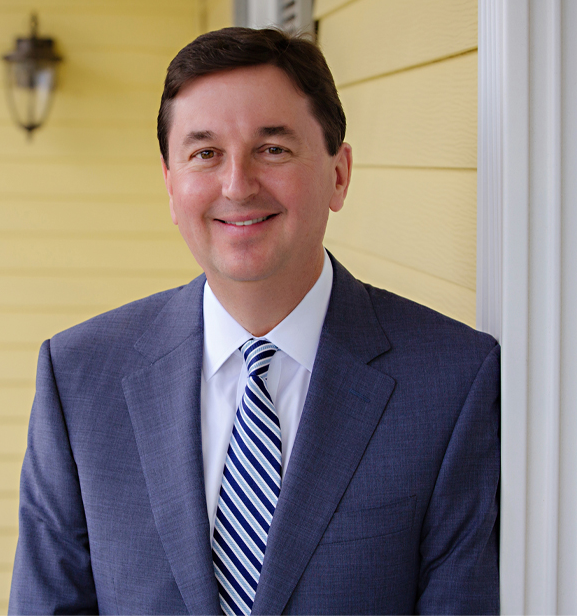How Better Crash Reports Can Help Improve Traffic Safety
 Safety researchers have started to study the effects that police reports have on traffic safety. The language used in police reports has been criticized in the past for being harmful and passive against the victims. According to safety researchers, the statements made in police reports are focused on blaming the victims of the accidents and homing in on irrelevant factors of the accident.
Safety researchers have started to study the effects that police reports have on traffic safety. The language used in police reports has been criticized in the past for being harmful and passive against the victims. According to safety researchers, the statements made in police reports are focused on blaming the victims of the accidents and homing in on irrelevant factors of the accident.
Researchers believe that the language used in police reports is one way that law enforcement can help with improving traffic safety. Forty-five police officers from small and large jurisdictions in New Jersey recently took part in a study concerning language in police reports. The researchers behind the study report that the way that a car accident report is framed matters. Even the information that police officers relay to journalists can influence the general public to ignore other factors that cause car accidents.
One of the issues researchers critiqued is the description of car accidents. When police officers describe car accidents, they tend to make statements concerning the driver’s personal actions throughout the accident. Very rarely do they focus on the systemic factors that contribute to an accident, like the designs of the roads.
Common mistakes that police officers make when writing crash reports
Besides ignoring the systemic and safety issues with roads, the way that car accidents are written about in the crash reports are also problematic. When it comes to accidents involving pedestrians or bicyclists, the language used is often passive. Police officers will write that a pedestrian was “struck” by a car instead of being hit by a driver. These statements insinuate that the accident was unavoidable and there was nothing that could stop it.
Sometimes, police officers include information that really doesn’t matter in relation to the accident. Instead of writing about the driver’s speed or the conditions of the road, police officers will write about the color of a pedestrian’s clothing. For example, by pointing out that a pedestrian in dark clothing was injured in a nighttime collision, police inadvertently side with the driver; after all, if the person on the side of the road was in lighter clothing, perhaps the driver would have noticed.
This happens with the vehicle themselves, too. Another common mistake police officers make is blaming the car for the accident instead of the driver. Police officers will use statements that appear to exonerate the driver’s actions, like “the vehicle hit a patch of ice and swerved” or “the driver was not intoxicated and stayed at the scene.”
Even the use of certain words are used to invoke a specific reaction from the public. Police officers use language that treats car accidents as isolated incidents instead of a national issue. In the past, journalists have been criticized for using the word “accident” instead of “crash.” Compared to crash, accident is a word that deceives the public into believing that traffic violence cannot be prevented.
What did law enforcement say about their own crash reports?
The group of police officers were interviewed by Kelcie Ralph, an associate professor at Rutgers University, Tara Goddard, an assistant professor at Texas A&M University, and other safety researchers. During the interview, they asked police officers why they write reports in the manner that they do.
The study revealed that police officers have to write their reports in a certain manner for structural reasons. One of the examples mentioned was the fact that police officers don’t have the time to double-check certain facts with crash investigation units. They must include information with the little time and facts that they do have.
Ralph and Goddard also asked police officers how comfortable they were initiating certain changes when it came to writing police reports. When it came to using more active language like replacing “accident” with “crash,” 87% of the police officers supported it.
Another 87% stated that they would reconsider using language that blames the car for the accident instead of the driver. Another 81% agreed that quotes from drivers should be excluded from the report, especially in crashes where the victims did not survive or were unable to speak for themselves.
Disagreements during the study
However, there were portions of the study with which the police officers disagreed.
Police officers were less amenable to suggestions that would require extra legwork, like reporting on crash statistics. They were also against reporting on the systemic causes of collisions beyond factual statements.
One of the possible reasons for this disagreement is because some police officers do not believe that certain factors contribute to a crash. Per Ralph: “We’d talk to people later, and they’d say, ‘well, speed and quantity of cars on the roadway don’t actually matter! That has nothing to do with crashes!’ When, of course, we know they do.”
Language that blames pedestrians or bicyclists
Another source of disagreement between the police officers and safety researchers is the language used in crashes involving pedestrians or bicyclists. Ironically, police officers could recognize how the language used in crash reports can blame the driver for the crash. Yet, they could not understand that certain statements can insinuate that a pedestrian or bicyclist was responsible for their injuries. The language used in police reports can insinuate that pedestrians or bicyclists are to blame for their crashes before fault is even determined.
Goddard noted, “The perception was that they were opening themselves to liability if they shifted responsibility to the driver in any way. But the same concern wasn’t there for pedestrians and cyclists.”
The police officers in the study voiced concerns that drivers in police reports could sue them for libel if they have not been proven at fault for a crash. If they used language that implied that the driver was at fault, it could open the department up to potential lawsuits. However, pedestrians and bicyclists can also sue police departments for the same reasons.
If you suffered injuries in a car accident, speak with a Charlotte car accident attorney at Price, Petho, & Associates. We can access crash reports on behalf of our clients. Call our office, or complete our contact form to schedule a free initial consultation today. We represent injured clients in Charlotte, Rutherfordton, and Rockingham.

Attorney Doug Petho is the owner and founder of Price, Petho & Associates. His primary focus is the litigation of plaintiff’s personal injury suits, and he has successfully tried hundreds of cases to jury verdict involving car accidents, trucking accidents, pedestrian accidents, slip and fall accidents, and work-related accidents. Contact his office in Charlotte today.
